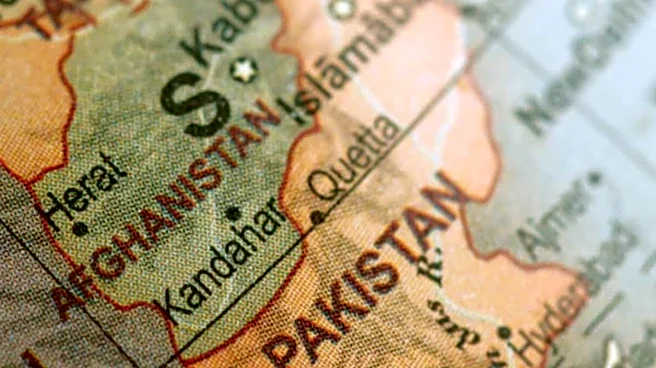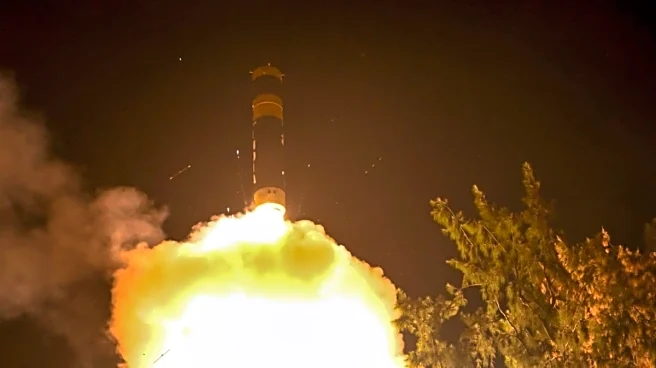For decades, Pakistan’s geopolitical strategy towards Afghanistan was defined by the singular, self-serving objective of “strategic depth”—a vision to keep a subdued, dependent government in Kabul to counter India’s regional influence. This approach treated Afghanistan less as a sovereign neighbour and more as a pawn in an enduring rivalry. The climax of this policy seemed to arrive in 2021, when the Taliban’s takeover, significantly aided and celebrated by elements of the Pakistani establishment, was expected to usher in a new era of control, cementing a reliably pro-Pakistan regime in Kabul.
However, this carefully constructed illusion of mastery collapsed with stunning rapidity. By 2023, the fundamental nature of the relationship had curdled
into outright hostility. Pakistan’s hope of a compliant regime vanished as the historical Durand Line dispute reasserted itself, with the new Kabul administration refusing to recognise the colonial-era border and dismantling sections of the border fence. This territorial defiance was compounded by a severe security blowback: a dramatic surge in attacks by the Tehrik-e-Taliban Pakistan (TTP), a group Kabul was unwilling to suppress, transforming the supposed strategic asset into an acute national security threat.
The disappointment quickly gave way to a myopic and transactional policy of coercion. Pakistan, frustrated by its loss of control, reacted erratically. It abruptly choked the landlocked nation’s vital trade and connectivity, repeatedly closing border crossings like Torkham, inflicting devastating economic losses on Afghan traders. Most controversially, Islamabad launched a massive, non-discriminatory campaign of mass deportations of Afghan refugees and asylum seekers, using human lives as a lever to pressure the Kabul regime. This was followed by a dangerous escalation to direct military action, including reckless cross-border air strikes against civilians in Afghan provinces, a flagrant violation of sovereignty signalling a shift from proxy tactics to unilateral military adventurism.
Meanwhile, India’s engagement with Afghanistan stood in stark contrast. Guided by a principle of mutual respect and genuine concern for the Afghan people, New Delhi maintained steady contact even after 2021, focusing on humanitarian aid, educational scholarships, and people-centric developmental projects. India’s decision to open gateways like the Chabahar port and expand air corridors offered Afghanistan an economic lifeline, standing as a credible long-term partner dedicated to an Afghan-led, Afghan-owned process.
The current geopolitical web thus reveals Pakistan’s failed policy. Its decades-long double game of nurturing “good terrorists” while fighting “bad terrorists” has resulted in a severe internal security crisis and a deepening enmity with the very regime it helped install. The trajectory, marked by a descent from celebrated support to direct, hostile military and economic strangulation, has not only harmed bilateral ties but has also led to reported suggestions from high-ranking Pakistani officials that a single Pakistani life is worth more than the whole of Afghanistan, an attitude suggesting a profound need for an apology to the Afghan people.





/images/ppid_a911dc6a-image-177094683533915067.webp)

/images/ppid_59c68470-image-177094509331581965.webp)

/images/ppid_59c68470-image-177094504615411398.webp)
/images/ppid_a911dc6a-image-177094403738091205.webp)






